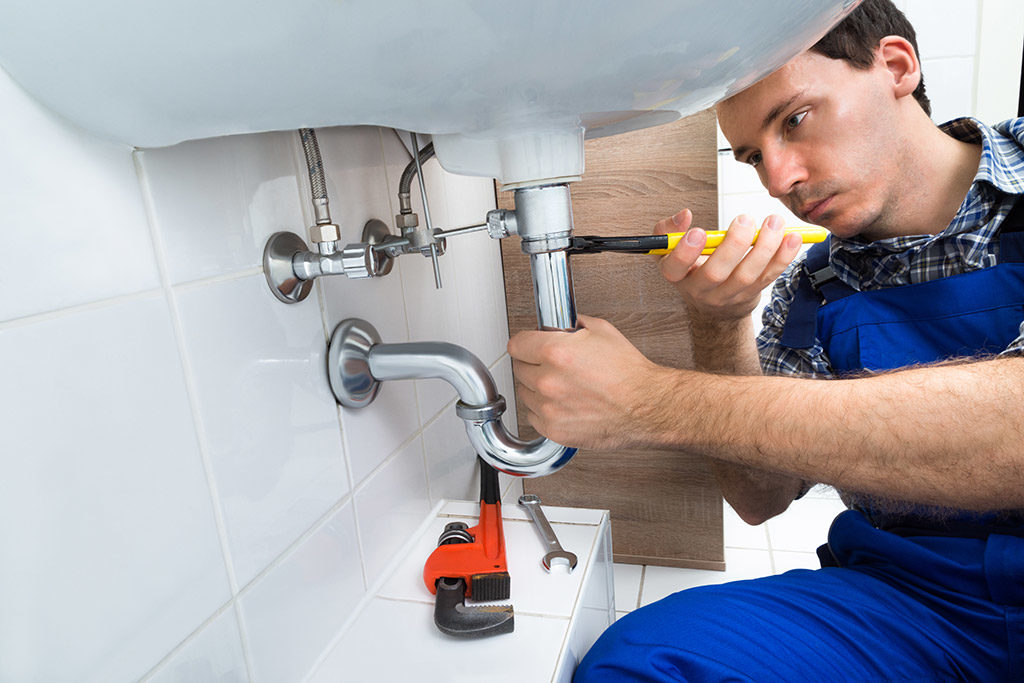Introduction
In today's world, HVAC (Heating, Ventilation, and Air Conditioning) and plumbing systems are integral to our daily comfort and convenience. These systems ensure our homes and businesses remain comfortable, healthy, and efficient. Proper maintenance and timely repairs of HVAC and plumbing systems are crucial for their longevity and performance.
Understanding HVAC Systems
Components of HVAC Systems
HVAC systems are composed of several essential components that work together to regulate indoor air quality and temperature. The primary components include:
Furnaces: Responsible for heating the air in your home.
Air Conditioners: Used to cool the indoor air.
Heat Pumps: Provide both heating and cooling functions.
Ductwork: Channels that distribute conditioned air throughout the building.
Thermostats: Control the temperature settings of the HVAC system.
Types of HVAC Systems
There are various types of HVAC systems, each suited for different needs and building structures. The main types include:
Split Systems: These have separate indoor and outdoor units, typically used in residential settings.
Hybrid Systems: Combine a heat pump with a furnace for improved energy efficiency.
Duct-Free Systems: Also known as mini-split systems, these are ideal for homes without ductwork.
Packaged Heating and Air Systems: Contain all components in a single unit, usually placed outside the building.
Maintenance of HVAC Systems
Regular maintenance is crucial for the efficient operation of HVAC systems. Key maintenance tasks include:
Changing Filters: Regularly replacing air filters to ensure clean air circulation.
Cleaning Coils: Keeping the condenser and evaporator coils clean to maintain efficient heat exchange.
Inspecting Ductwork: Checking for leaks or obstructions in the ductwork.
Checking Thermostats: Ensuring that thermostats are functioning correctly.
Plumbing Systems: An Overview
Components of Plumbing Systems
Plumbing systems consist of a network of pipes, fixtures, and appliances designed to provide water for consumption and remove wastewater. The main components include:
Pipes and Fittings: Transport water to and from fixtures.
Fixtures: Sinks, toilets, showers, and bathtubs.
Water Heaters: Provide hot water for various uses.
Drainage Systems: Remove wastewater from the building.
Types of Plumbing Pipes
Different materials are used for plumbing pipes, each suitable for specific applications:
Copper Pipes: Durable and commonly used for water supply lines.
PVC Pipes: Used for drainage and vent systems.
PEX Pipes: Flexible and easy to install, often used in residential plumbing.
Galvanized Steel Pipes: Older homes may have these, but they are prone to corrosion.
Common Plumbing Issues
Plumbing systems can encounter a variety of issues that require professional attention:
Leaky Faucets: Often caused by worn-out washers or seals.
Clogged Drains: Result from debris buildup in the pipes.
Running Toilets: Usually due to a faulty flapper valve.
Low Water Pressure: Can be caused by leaks, blockages, or issues with the water supply line.
Plumbing Maintenance Tips
Maintaining your plumbing system can prevent costly repairs and ensure efficient operation:
Regular Inspections: Check for leaks, drips, and signs of corrosion.
Clear Drains: Use drain cleaners or natural solutions to prevent clogs.
Winterize Pipes: Insulate pipes to prevent freezing during cold weather.
Water Heater Maintenance: Flush the tank annually to remove sediment buildup.
Choosing the Right HVAC and Plumbing Services
Factors to Consider
When selecting HVAC and plumbing services, several factors should be considered to ensure you receive the best service:
Experience and Expertise: Look for companies with a proven track record and certified technicians.
Customer Reviews: Check online reviews and testimonials from previous customers.
Licensing and Insurance: Ensure the company is licensed and insured to protect against liability.
Service Guarantees: Opt for companies that offer warranties and satisfaction guarantees.
Benefits of Professional Services
Hiring professional HVAC and plumbing services provides numerous benefits:
Quality Workmanship: Professionals have the skills and tools to perform repairs and installations correctly.
Time and Cost Savings: Efficient service can save you time and prevent expensive future repairs.
Safety Assurance: Professionals follow safety protocols to avoid accidents and damage.
Energy Efficiency: Proper maintenance and installation can enhance system efficiency and reduce energy bills.
Energy Efficiency in HVAC and Plumbing Systems
Improving HVAC Efficiency
Enhancing the energy efficiency of your HVAC system can lead to significant cost savings and environmental benefits:
Programmable Thermostats: Use programmable thermostats to optimize heating and cooling schedules.
Insulation: Ensure your home is well-insulated to reduce the workload on your HVAC system.
Regular Maintenance: Keep your system in peak condition with regular inspections and tune-ups.
Energy-Efficient Units: Consider upgrading to energy-efficient HVAC units with high SEER ratings.
Water Conservation in Plumbing
Conserving water in your plumbing system not only saves money but also helps protect the environment:
Low-Flow Fixtures: Install low-flow faucets, showerheads, and toilets to reduce water usage.
Fix Leaks Promptly: Address leaks immediately to prevent water waste.
Efficient Appliances: Use energy-efficient appliances like dishwashers and washing machines.
Rainwater Harvesting: Implement rainwater harvesting systems for irrigation and other non-potable uses.
Emerging Trends in HVAC and Plumbing
Smart HVAC Systems
Smart HVAC systems are revolutionizing the industry with advanced features that enhance convenience and efficiency:
Remote Control: Control your HVAC system remotely using smartphone apps.
Learning Capabilities: Smart thermostats learn your preferences and adjust settings automatically.
Energy Monitoring: Track energy usage and identify ways to improve efficiency.
Green Plumbing Solutions
Green plumbing solutions focus on sustainability and reducing environmental impact:
Greywater Systems: Reuse wastewater from sinks and showers for irrigation.
Solar Water Heaters: Utilize solar energy to heat water, reducing reliance on traditional water heaters.
Water-Efficient Landscaping: Design landscapes that require minimal irrigation.
Conclusion
HVAC and plumbing systems are vital to maintaining a comfortable and functional living environment. Regular maintenance, timely repairs, and energy-efficient upgrades can enhance the performance and longevity of these systems. By choosing professional services and staying informed about emerging trends, you can ensure that you’re HVAC and plumbing systems operate efficiently and sustainably.





Comments